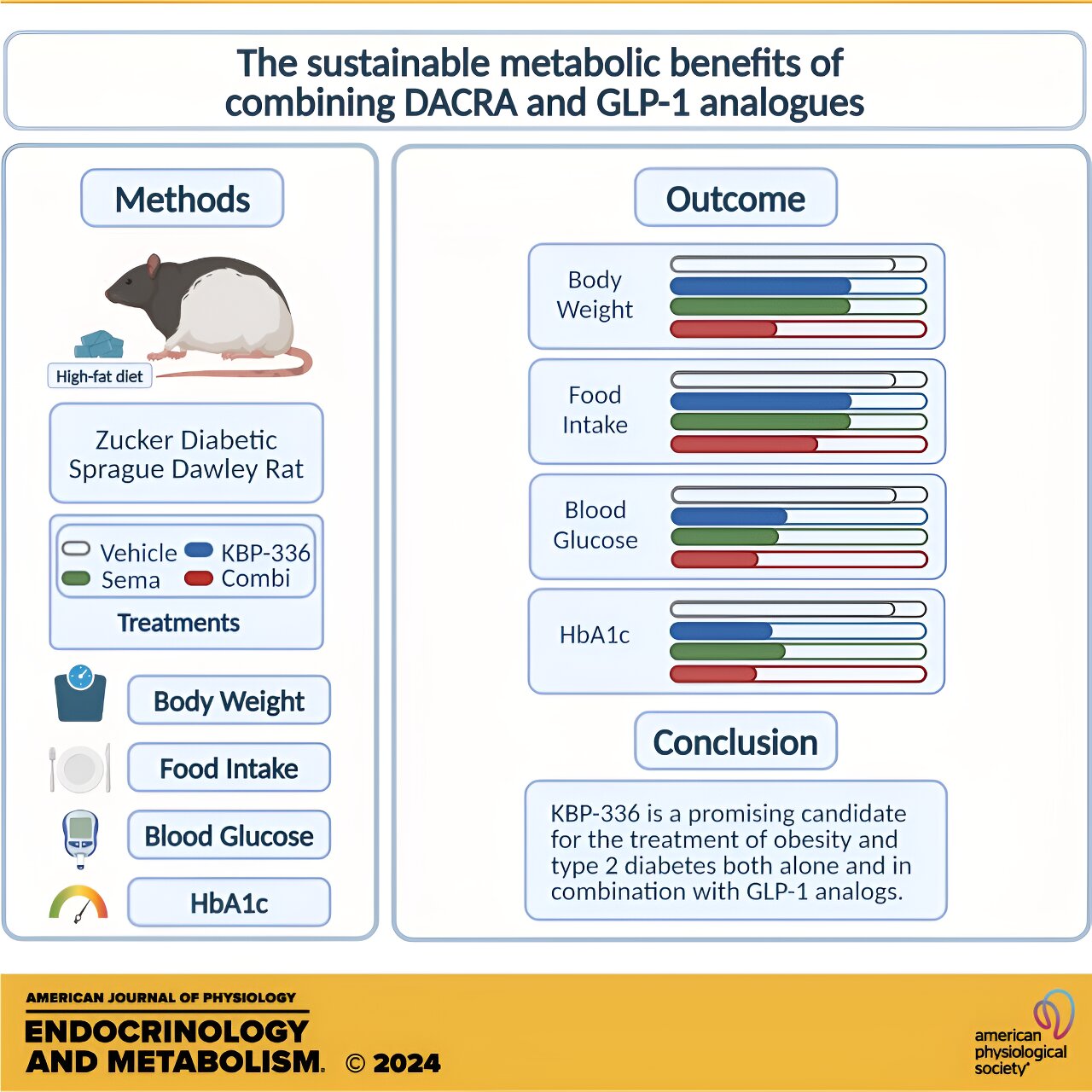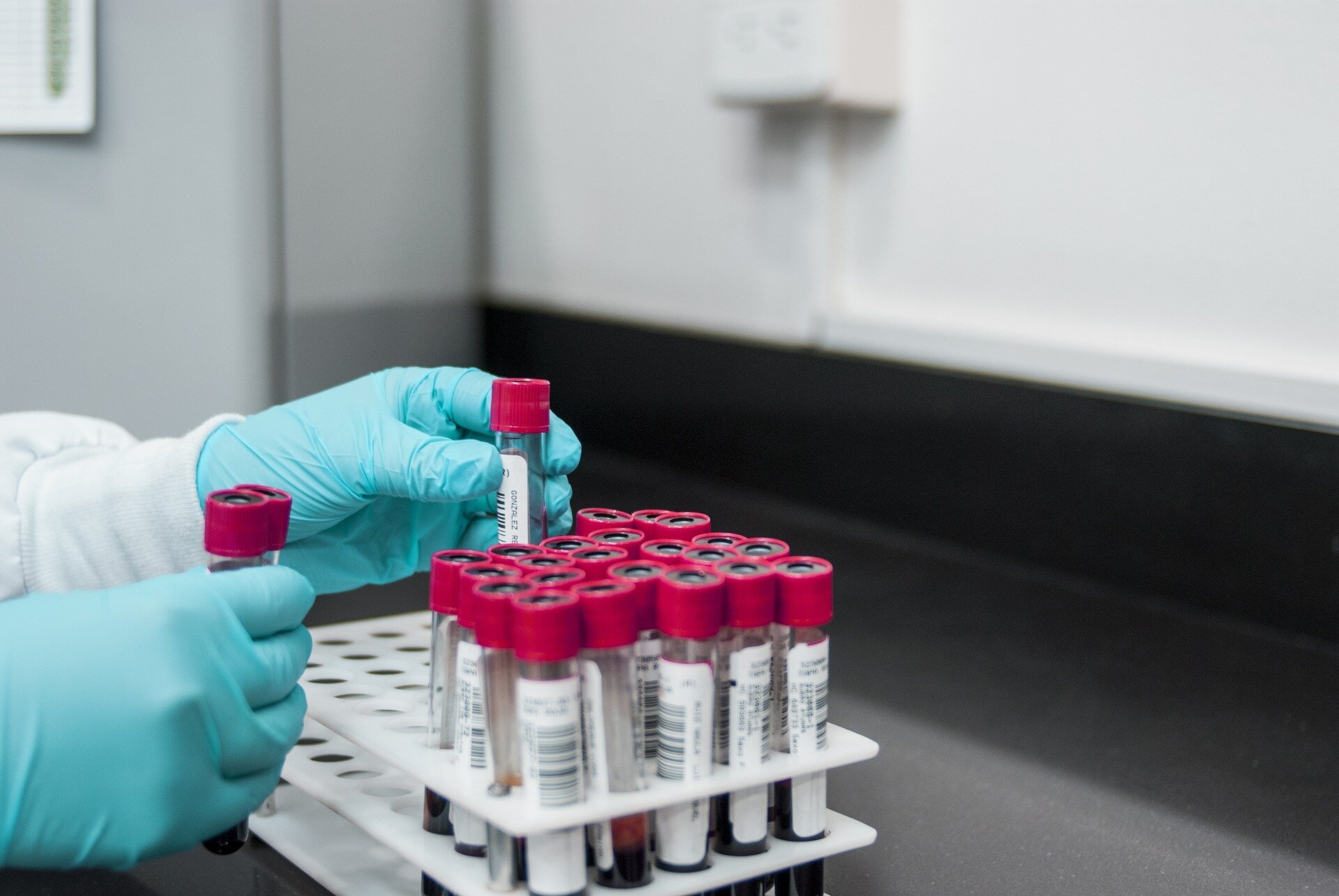New research, led by experts at the University of Nottingham, has found that certain types of medication used to treat diabetes may be effective in reducing alcohol use.
The study, which is published in eClinicalMedicine, looked at whether a type of diabetes medication, called GLP-1 receptor agonists (GLP-1 RAs), could also be used to help people cut down on drinking.
The study was led by Dr Mohsen Subhani, Clinical Assistant Professor of Gastroenterology at the NIHR Nottingham Biomedical Research Centre, in the School of Medicine, at the University of Nottingham. It was funded by the National Institute for Health and Care Research (NIHR) and the NIHR Nottingham Biomedical Research Centre.
In the new study, researchers evaluated existing literature on GLP-1 RAs use and the change in alcohol consumption.
They gathered studies up to August 2024 that examined whether GLP-1 RAs affect alcohol use, alcohol-related health problems, hospital visits, and brain reactions to alcohol cues. The team evaluated six articles, including two randomised control trials made up of 88,190 participants, of these 38,740 (43.9%) of participants received GLP-1RA.
Dr Subhani said: “Our findings show that this type of diabetes medication shows promise in reducing alcohol consumption, potentially by targeting the brain’s reward centre, especially in people with a BMI over 30.”
The key findings:
- In one main study, the medication exenatide did not significantly reduce drinking overall after six months, but people with obesity showed some positive results.
- Another study found that people taking the drug dulaglutide were 29% more likely to reduce drinking than those on a placebo.
- Observational studies (non-randomised) showed fewer alcohol-related health problems and lower alcohol use in people taking GLP-1 RAs compared to other treatments.
“Whilst further research is needed, our findings suggest this could be a potential treatment option in the future for excessive alcohol use and subsequently could lead to a reduction in alcohol-related deaths,” adds Dr Subhani.


